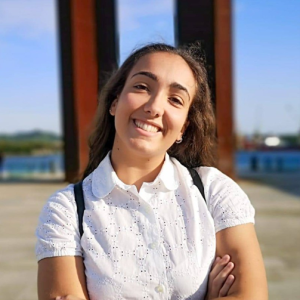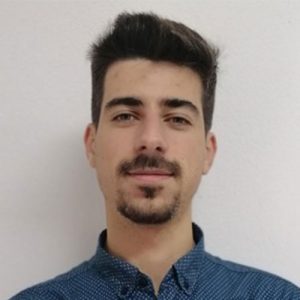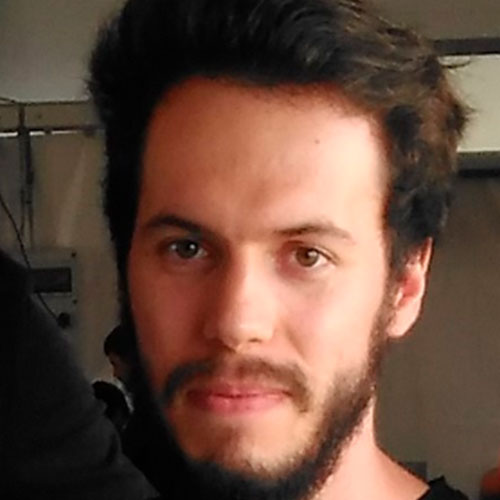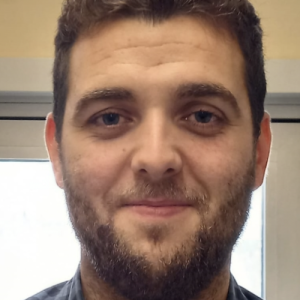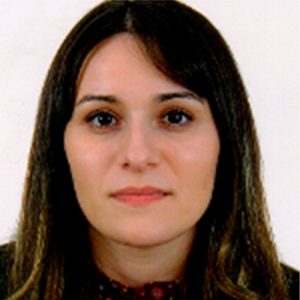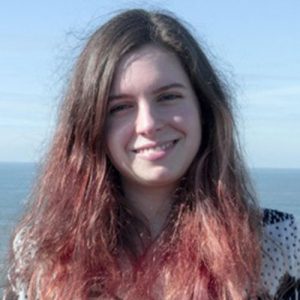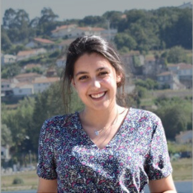Team

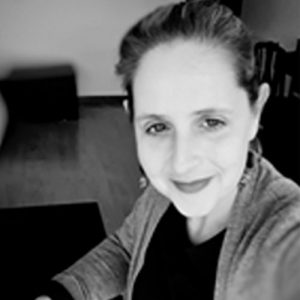
Ana Alexandra Pereira
Junior Researcher
Monitoring and prevention strategies regarding biofilm in industrial water systems; special emphasis on the development of integrated early-warning approaches towards Legionella mitigation.

Marta Redondo
PhD Student
PRESAGE Project: Development of durable microparticles with stable biocidal activity along time, for polishing in wastewater treatment systems.

Luís Costa
PhD Student
LegioFilms: Understanding the role of biofilm architecture in Legionella colonization and risk of detachment in hospital networks using an integrated monitoring approach.

Luciana Calheiros Gomes
Senior Researcher
Surface engineering to prevent biofilm formation.
Multispecies biofilm architecture.
Development of cleaning and disinfection methods for the food industry.
Protective biofilms using probiotics.
Horizontal gene transfer in biofilms.
Beneficial biofilms for the production of added-value compounds.

Márcia Pereira
Research Fellow
The work consists on testing the antibiofilm potential of several surfaces against common bacteria found on the medical field.


Rita Teixeira dos Santos
Junior Researcher
The use of Escherichia coli biofilms for the production of recombinant proteins and other high added-value compounds

Ana Moreira Azevedo
PhD Student
Use of Escherichia coli biofilms for the production of recombinant proteins and other compounds with high added value

Marisa Lima Gomes
PhD Student
Testing modified surfaces for application in medical devices, with the main aim to reduce bacterial adhesion and biofilm formation.

Marta Santos Lima
PhD Student
Engineered smart materials for cancer diagnosis and therapy: production of carbon-based composites to control bacterial adhesion and biofilm formation.

Francisca Sousa Cardoso
Research Fellow
Application of carbon nanomaterials, namely graphene, to minimize bacterial adhesion and biofilm development.

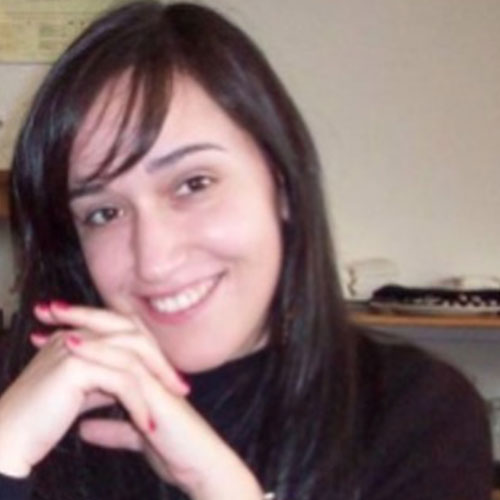
Anabela Borges
Senior Researcher
Biofilm infections vs antibiotic resistance and tolerance.
Discovery of novel plant-based molecules for bacterial control.
Development of emerging antimicrobial and antibiofilm strategies.
Antipathogenic and antivirulence approaches.
Mechanism of action and antibiotic resistance modulation of phytochemicals.
Drug repurposing.
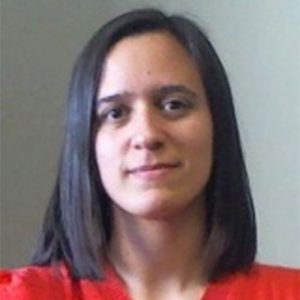
Inês Gomes
Junior Researcher
Development of strategies for the prevention and control of biofilms; effect of emerging contaminants on drinking water bacteria behavior

Ana Oliveira Afonso
PhD Student
Development of strategies for the prevention and control of DW biofilms. Antibiotic resistance, bacterial virulence, adhesion and biofilm formation ability of emerging pathogens detected in DW.

Miguel Marques Leitão
PhD Student
Development of innovative multi-target directed agents for biofilm infections treatment.

Ana Rita Pereira
PhD Student
Understanding the impact of parabens on drinking water bacterial biofilms

Ariana Carreira Gonçalves
PhD Student
Formulation of innovative natural-based combinations to counteract biofilm-associated chronic wound infections.
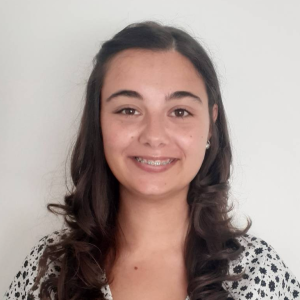
Lília Teixeira
PhD Student
Development of natural-based combinations and biomaterials directed for the healing of biofilm-associated chronic wound infections

José Carlos Teixeira
PhD Student
Evaluation of parabens and parabens-related disinfection by-products impact on microbial communities through One Health perspective.
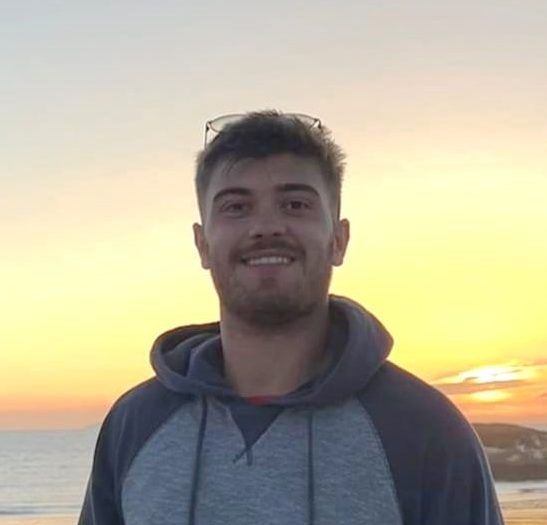
Pedro Medeiros Silva
PhD Student
Sustainable Innovation in Developing New Antibiotic Adjuvants to Control Biofilm Resistance. Study of the antimicrobial and antibiofilm activity of shikimic acid and its derivatives.
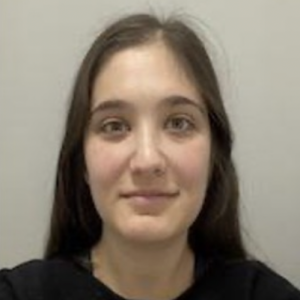
Mariana Ferreira de Sousa
Research Fellow
Development of new effective strategies for the eradication of biofilms in public spaces based on ultraviolet radiation and its combination with chemical and biological agents.
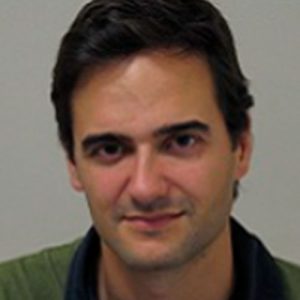


Laura Macieira Cerqueira
Assistant Researcher
e.Biofilm: innovation in biofilm control. Engineered biofilms in industrial systems. Legionella pneumophila detection in water systems. Spatial transcriptomics. Microfluidic applications for bacterial detection.
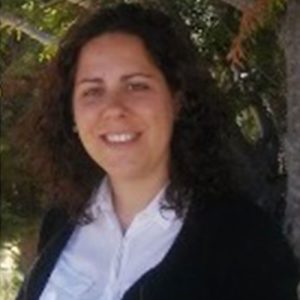
Andreia Azevedo
Junior Researcher
Development of a novel colour-coded RING FISH method: an innovative tool for the detection of antibiotic-resistant clinical pathogens;
Development of NAM-CLASI-FIVH method for analysis of diversity and spatial organization of gastric microbiota.

Eva Santos Pinho
Junior Researcher
NAM4toxins – De novo selection of toxin-specific aptamers using nucleic acid mimics.

Joana Vilas Boas
Junior Researcher
e.Biofilm: innovation in biofilm control. Explore control mechanisms that are based on imaging and molecular characterization of the complex ecology.

Ricardo da Costa Oliveira
PhD Student
Locked nucleic acid (LNA) aptamers for the detection of Staphylococcus Enterotoxins. These aptamers will be incorporated into a simple colorimetric detection system, which will be fully evaluated for food matrices.

João Santos
PhD Student
Evaluation of the capacity to internalize NAMs through the celular envelope and into the cytosol of different bacteria, using liposomes. Implementation of a Fluorescence Cross Correlation Spectroscopy (FCCS) method to trace the fusion between liposomes and the celular envelope.
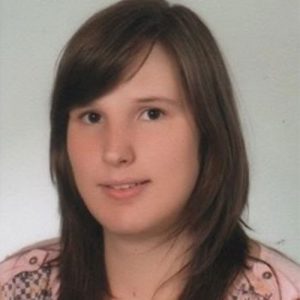
Joana dos Santos Oliveira
PhD Student
Locked Nucleic Acids-peptide conjugates as novel drugs against antibiotic-resistant bacteria.

Sónia Batista Miranda
PhD Student
Unravelling the gastric microbiota with Combinatorial Labelling and Spectral Imaging – Fluorescence In Situ Hybridization.
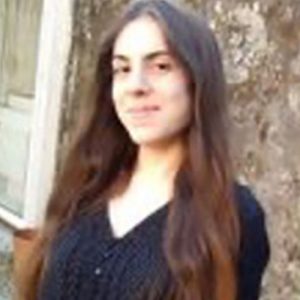
Ana Barbosa
PhD Student
Development of a multiplex mRNA PNA-FISH method to assess Legionella pneumophila morphological state within multispecies biofilms in water systems.

Violina Barbosa
PhD Student
“FEUP-uFISH – Integration of fluorescence in situ hybridization with microfluidics for the quasi-real-time detection of food pathogens”.
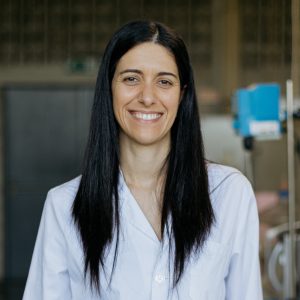
Vânia Pinheiro
PhD Student
Transcriptomics approach to study the interspecies interaction and/or cooperation through a gene expression profile analysis using an in vitro multispecies chronic wound biofilm model.

Arefeh Mazarei
PhD Student
Applying confocal microscopy-based image analysis techniques for microorganism identification and localization in biofilm matrices; development of a database for storing laboratory data; improving statistical methods to enhance data repeatability and reliability.

Estibaliz Torrecilla Sadab
PhD Student
Spatial characterisation of polymicrobial biofilms (K. pneumoniae, P. aeruginosa, and S. aureus) using fluorescence in situ hybridization (FISH) technique to elucidate the structural organisation and resistance mechanisms of these biofilms in prosthetic joint infections.

Isadora Maia
Research Fellow
This project targets antimicrobial resistance, enhancing basic fluorescence microscope assays to detect pathogenic bacteria. The emphasis is on creating PNA-FISH probes for clinically relevant bacteria and optimizing assay performance conditions.




